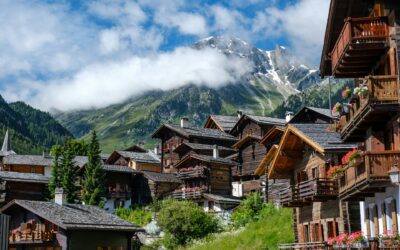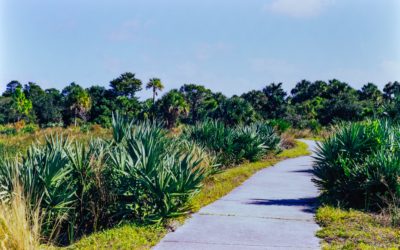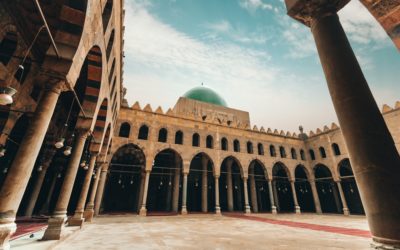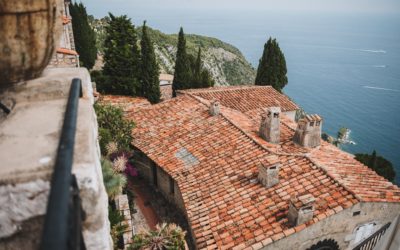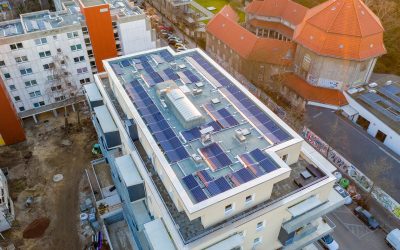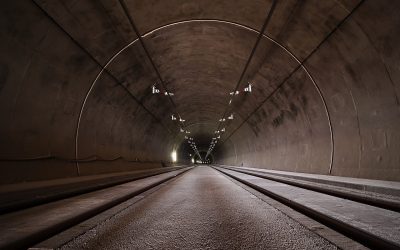CARTIF Projects
RURACTIVE
Empowering rural communities to act for the change
Description
RURACTIVE encourage a just and sustainable transition of rural areas through intelligent solutions, lead by the community, tailor-made, based on the local and inclusive inside the multi-stakeholder rural innovation ecosystems at 12 pilot areas (Dynamos, Ds). Moreover, will unlock the potential for innovation of rural communities addressing six rural development boosters (RDD) integrated (multimodal mobility, energy transition, agrifood and agroecology, culture and innovation culture, healht and wellnnes, cultural tourism and based on nature) and intergrating mitigation and climate change adaptation, biodiversity and justicia and social inclusion.
Objectives
-
- Empowering rural communities to act for the change, with intelligent solutions that integrate diverse innovation ways.
- Improve the capacities and skills of rural communities, providing skills development and knowledge transfer.
- Work on inclusive decision-making processes, including vulnerable groups and people with risk of exclusion.
- Pay for the change on rural areas, with open tools based on data, digital infrastructure and a programme for external innovators.
Actions
- Stablishing the monitoring framework, defining an integral set of KPI early warning (EWI).
- Coordinate the development of tools based on open data: Data management, Decision support and adaptative monitoring.
- Use the tool of Adaptative Monitoring to evaluate the implementation and effectivenes of the intelligent solutions for the RIE.
Expected Results
- Results will be extended with knowledge interchange, grid creation (at EU level), an open competition for additional DS and RURACTIVE forum.
- Coordination of the tools for the open competition and MOOC, training activities and development of skills for other rural communities.
- Continous solutions tracking, intermediate evaluation and evaluation of the final impact of action plans developed.
R&D Line
- Development of solutions and personalized studies of rural and urban regeneration based on natural and cultural heritage.
Partners
|
|
Horizon Europe
101084377

Total Budget: 6,452,255.63 €
CARTIF Budget: 215,625 €
Duration: 01/09/2023 – 31/08/2027
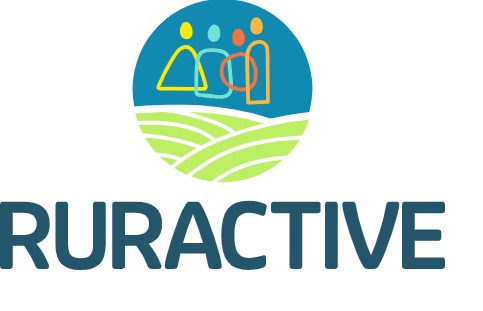
Responsible
Francisco Barrientos
Digital and Industrial Systems Division
frabar@cartif.es
Networking
Natural and Cultural Heritage Projects:
iPhotoCult
iPhotoCult has as objective to design, develop and validate innovative and sustainable photonic solutions for the preservation of Cultural Heritage. These solutions, applicable on remote or in situ, include advance diagosis tools and a platform of services on the cloud that allos the precise monitorization of buildings, monuments and artefacts
RURBANIVE
RURBANIVE will establish a novel rural/urban innovation framework, supported by technical and social innovations to enhance territorial governance and existing policy tools.
SRURAL
SRURAL aims to investigate and advance in recognized disruptive technologies (cognitive computing, edge computing and dynamic geo-information), in addition to demonstrate their application in our natural spaces and their extensive cultural heritage (cultural landscapes as a whole), in such a way that causes a real transformation of the territory providing practical ways of proceeding with management
TExTOUR
TExTOUR mobilizes 18 partners, represented in the quintuple social innovation helix (knowledge, business, society, government and entrepeneurs) to co-design, validate and upscale to various levels, policies and strategies with positive impact on the socio-economic territorial development based on cultural tourism.
RURITAGE
RURITAGE enables rural regeneration through cultural and natural heritage (CNH). Has selected 13 rural areas as Role Models, i.e. successful cases regenerated thanks to CNH in 6 Systematic Innovation Areas.
ITEHIS
Inovative and digital technologies to proceed to the technical inspection of historical buildings for public or private use. The methodology proposed is based on the HBIM (Heritage BIM) paradigm
INSITER
INSITER eliminate the gaps in quality and energy-performance between design and realization of energy-efficient buildings based on prefabricated components.
SHCITY
SHCITY addresses the innovative challenge of creating a unique tool to manage historic urban centers and facilitate the work of the competent authorities in decision making. SHCITY will integrate data collected by sensor networks with artificial vision and 3D scanning technologies deployed in the urban area (Ávila), in order to respond to conservation, security, energy efficiency and tourism needs.
RENERPATH-2
The goal of the project called “Energy Refurbishment Methodology for Heritage Buildings” (RENERPATH-2) is to establish a specific European pre-normative, focused on the energy refurbishment of heritage buildings, whether public or private use, in parallel with the newly constructed buildings law.
INFIT
In INFIT, automatic data capture systems have been developed to obtain an accurate and objective image of the tunnel surface.
SITEER
Currently, inspections of road and rail tunnels are carried out manually. CARTIF and Geocisa have studied how to implement technologies that allow inspecting automatically tunnels to achieve its preventive maintenance, developing a system which is able to organize the collected data.
PAVIREX
The PAVIREX project, “New safer pavements in extreme temperature conditions”, was co-financed by the Ministry of Science and Innovation and FEDER Funds, through the INNPACTO 2011 call. The consortium of the project is formed by CARTIF, Grupo Campezo, Euroestudios , Proas (Cepsa), Eiffage, the University of Oviedo and the University of the Basque Country.
RENERPATH
This project, which was developed between 2011 and 2013, established an energy rehabilitation methodology based on novel and non-intrusive techniques for the energy analysis applicable to public and private heritage buildings.

